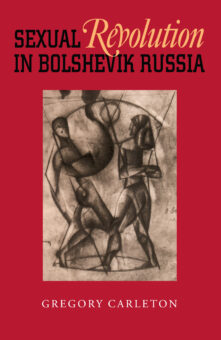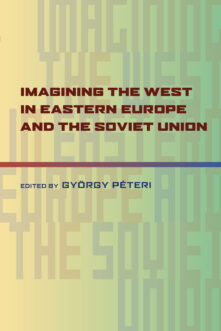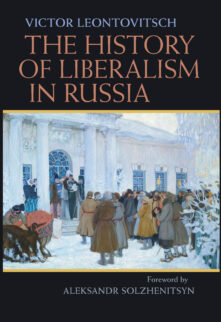Books
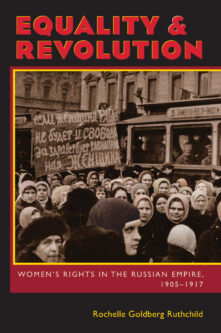
Equality and Revolution
Women's Rights in the Russian Empire, 1905–1917
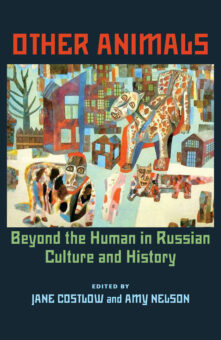
Other Animals
Beyond the Human in Russian Culture and History
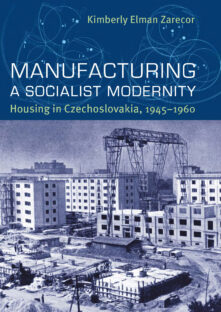
Manufacturing a Socialist Modernity
Housing in Czechoslovakia, 1945-1960
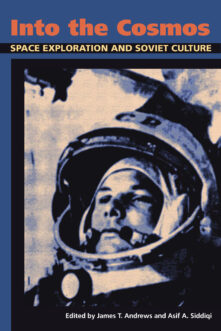
Into the Cosmos
Space Exploration and Soviet Culture
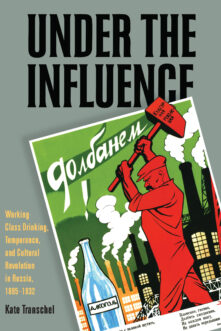
Under the Influence
Working-Class Drinking, Temperance, and Cultural Revolution in Russia, 1895–1932
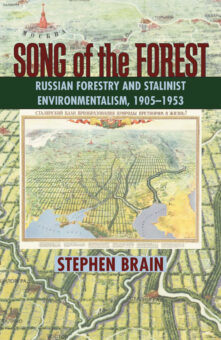
Song of the Forest
Russian Forestry and Stalinist Environmentalism, 1905–1953
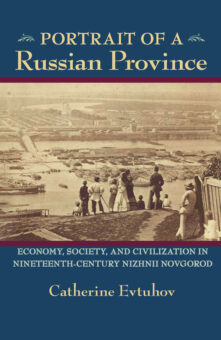
Portrait of a Russian Province
Economy, Society, and Civilization in Nineteenth-Century Nizhnii Novgorod
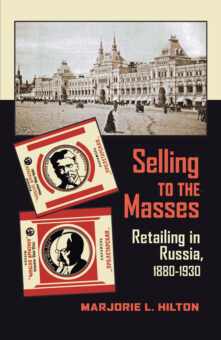
Selling to the Masses
Retailing in Russia, 1880–1930
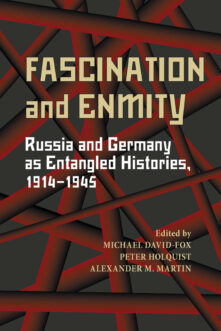
Fascination and Enmity
Russia and Germany as Entangled Histories, 1914–1945
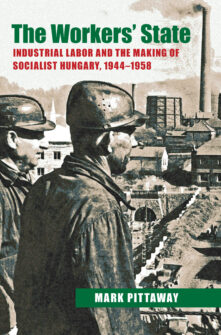
The Workers’ State
Industrial Labor and the Making of Socialist Hungary, 1944–1958
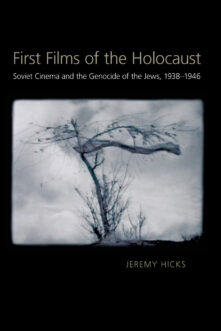
First Films of the Holocaust
Soviet Cinema and the Genocide of the Jews, 1938–1946
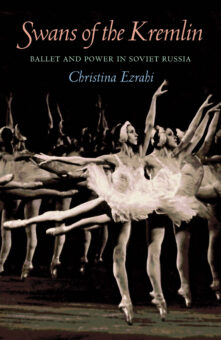
Swans of the Kremlin
Ballet and Power in Soviet Russia
Total 113 results found.


